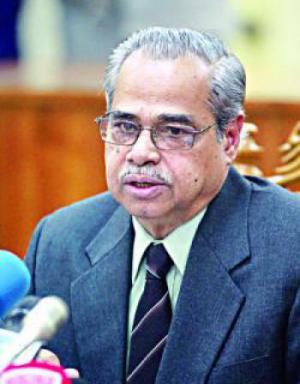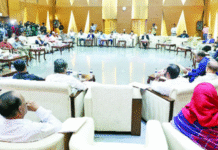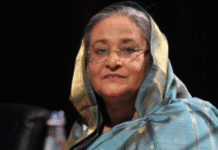Chief election commissioner (CEC) Kazi Rakibuddin Ahmed seems to think of himself as the Election Commission (EC). He probably does not take into consideration that the EC consists of a chief election commissioner and four commissioners. The CEC functions in a most arbitrary manner, without consulting the four commissioners and completely overlooking them in the case of important decisions.
The constitution speaks of the election commission comprising one chief election commissioner and election commissioners not exceeding four in number. The spirit of this was that they could work in coordination. The election and related work were seen as the Election Commission’s duties. The CEC would be the head of the commission, but there was no scope for him to carry out his duties unilaterally.
According to a Prothom Alo report, the recent activities at the EC concerning the elections to the three city corporations, the four election commissioners have been clearly side-stepped. They were not invited to join the meeting on law and order. When the pro-BNP professionals and later the BNP delegation went to the EC, they were not asked to join in the meetings. Only the CEC talked to the delegations. The election commissioners are naturally displeased with the CEC’s behaviour, though he does not offer any explanation.
The manner in which the CEC is unilaterally approving projects involving large sums of money, is dangerous. A commissioner has complained, “Work worth billions of taka is being carried out in the registration department, but we do not know who is doing it and how it is being done.” Already allegations of corruption and irregularities have arisen regarding the work. The CEC will have to bear all responsibility for this.
It is clear that the election commission is unable to function as a coordinated unit. This will render the EC weaker and ineffective. It is unfortunate that a constitutional body should face such a plight.
Source: Prothom-Alo










